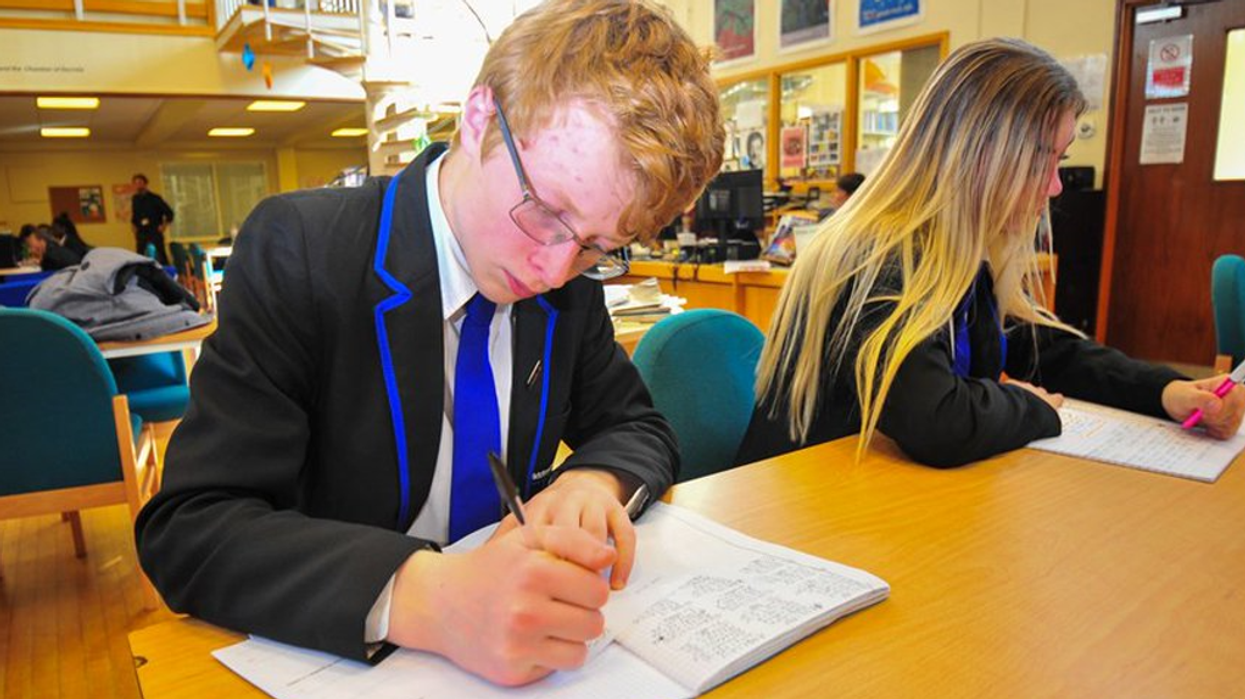A recent Ofsted report has highlighted deficiencies in the religious education (RE) curriculum in many primary and secondary schools in England, noting that despite efforts to improve, there has been little progress since 2013. The report calls for clearer government guidance on RE curriculum requirements.
Inspectors from Ofsted (The Office for Standards in Education), the office responsible for regulating school standards in the country, found that most schools offer an RE curriculum that, while broad, lacks sufficient depth.
The findings are based on visits to a selection of schools last year. In cases where the curriculum covers multiple religions, pupils tend to retain very little. However, schools that focus on in-depth studies of fewer topics report better learning outcomes.
The report also criticises some secondary schools for shaping their RE curriculum around the content covered in Key Stage 4 exams, such as GCSEs. This often results in students practicing exam-style assessments before they have a solid grasp of the basic knowledge required.
Moreover, a "significant proportion" of schools fail to meet the statutory requirement of teaching religious education throughout a student’s academic journey, according to Ofsted's findings.
Ofsted’s Chief Inspector, Sir Martyn Oliver, emphasised the importance of a robust RE curriculum, saying, “A strong RE curriculum is not only important for pupils’ cultural development, it is a requirement of law and too many schools are not meeting that obligation.”
The report also includes several recommendations for schools. These include ensuring a distinct, rigorous, and challenging RE curriculum at all key stages, which builds on students' existing knowledge. Additionally, it suggests that secondary schools design curriculums that meet or exceed the expectations of exam boards rather than being driven by them.
Other recommendations focus on teacher preparedness and curriculum scheduling. Schools are urged to ensure all teachers possess the necessary subject and pedagogical knowledge for effective teaching and to organise the RE timetable to minimise gaps between lessons.
It is also recommended that schools provide opportunities for pupils to periodically review and build upon critical knowledge, thus enabling them to use prior learning as the curriculum grows in complexity and demand.
The Ofsted report also hopes that the examples of effective RE curriculum practices included in the report will aid schools in developing their own approaches and contribute to the establishment of a robust educational framework for all students.





